
The Memory Lie


Why mentalism works better when they remember it wrong

Back when I had my tattoo studio, I performed a simple card revelation along with a mini reading for a woman I was about to tattoo.
A few weeks later, she was back with her friend and she told her:

He asked me to think of a playing card, then he looked at me and started telling me things about my life that he couldn’t have known, then told me the name of my card I was thinking of… It was unreal!

The problem with her version of events was:

A few days before, she had already told my wife and I stuff about her life
while she was looking for a tattoo design to celebrate her recent divorce.
She told us about her thriving business and how she caught her cheating ex husband at home in bed with another woman.

On the day of her tattoo, I performed for her.
All I really did was have her write down the name of any playing card and I told her things about herself (which she’d already told me)
I just framed and phrased it differently.

But her mind rewrote the memory and the event into something even stronger than what actually happened.
I remember thinking how could she have forgotten that she’d written down her card and already told me loads of stuff about her life?



Then I remembered that people aren’t elephants!

I now know that this is the magic of the memory lie.
It’s a strange phenomenon that can make your mentalism stronger over time
because people don’t remember what you did… They remember how you made them feel and then they edit the story to fit that feeling.
Let’s get stuck in…


Why people misremember mentalism

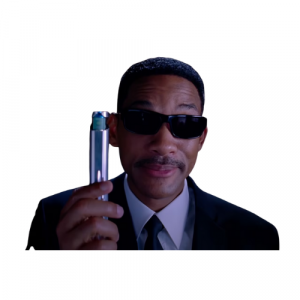

Magic is often remembered with logic: He must’ve had a duplicate card.
Or: There was probably a magnet up his nose?

But mentalism gets personal and taps into: Memories, emotions, relationships and identity.
That intimacy short circuits logical analysis and rewires the experience as a subjective story: He looked at me like he already knew.
Or: He told me something I haven’t told anyone before.

Even if your method is 100% trickery, their experience feels mystical.
Their brain edits out the boring bits and enhances the magical.
It lies for you and that’s good.

The science behind the lie

Memory isn’t a recording. It’s a reconstruction, it’s a bit like trying to draw last nights dream using crayons and adrenaline. Studies in cognitive psychology show that memories are influenced by emotion, get altered by post event information and can be distorted by suggestion.

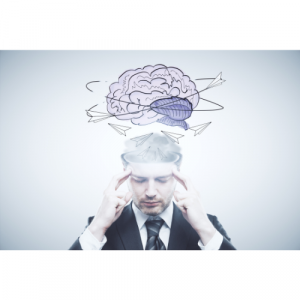

We tend to exaggerate unusual or emotionally charged events so when you perform a powerful mentalism effect and anchor it to a feeling, the audience’s brain goes into memory editing mode.

That was amazing. Surely it was even more impossible than I recall?

BOOM!.. They lie to themselves and it’s in your favour.

How to encourage the right memory lie

You can’t control their memory
but you can influence the story they tell themselves.

Use suggestive framing

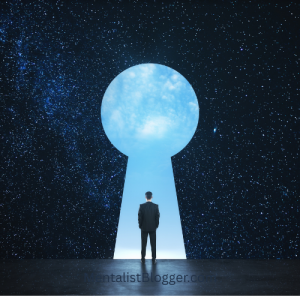

Before the effect, say things like:

I want this to feel like a dream.
This might not feel real once it’s over.
You may remember this differently and that’s okay.

You’re telling their subconscious:

This is special, this will be remembered wrong… They’ll do the rest.

Let silence do the work

Right after a reveal, don’t talk, don’t rush and don’t explain.
Let the moment hang in the air like smoke machines at a rave.
Let them feel what just happened, they’ll fill in that silence later with something stronger than the method you actually used.


Minimise moves – Maximise emotion

Strip away the clutter, ditch over explaining and avoid props that scream:
MAGIC TRICK!

The simpler your actions, the more their brain will fill in the gaps.
Pair that with emotional storytelling and you’ve got an effect that outgrows its method every time it’s retold.

Ask reflective questions afterwards

Things like: What did you feel in that moment?
Was that the word you were thinking from the beginning?
How clear was that image in your mind?

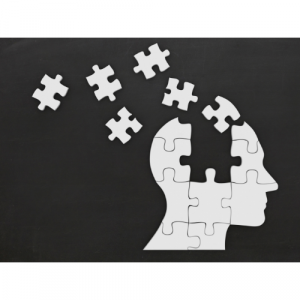

These questions plant emotional significance, which is what the memory will be built around.

Never correct the lie

If someone says: You told me their name without even asking a question!
Even though you know you used p*esho* or were always *** ahead.
Look them in the eyes, smile and say:

I just listened… Differently!

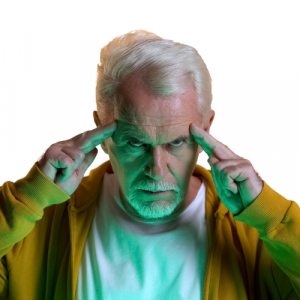

Let the myth grow because their version of the trick, the one their memory created will always be more powerful than what you actually did.

The ripple effect of misremembered miracles

Here’s what happens when people remember it wrong:
They’ll tell others and their version will sound more impossible.
They’ll feel like they had a unique experience, they’ll want to feel that again and they’ll come back with others.

You don’t need to be more clever, you need to be more memorable.
The best memories aren’t the ones that really happened, they’re the ones people believe happened.

Fragmented Thoughts

Mentalism isn’t about being technically perfect.
It’s about creating moments so emotionally charged that the audience rebuilds it as a miracle.

You don’t need more methods, you need more memory distortions.
Perform with presence and anchor in the emotion, speak like your stitching the words into their mind.

Let them lie to themselves and thank you for it.
When it’s done right: The feeling will become legendary.

Stay Weird

ЯYΛП MΣПƬIƧ

International Man of Mischief
